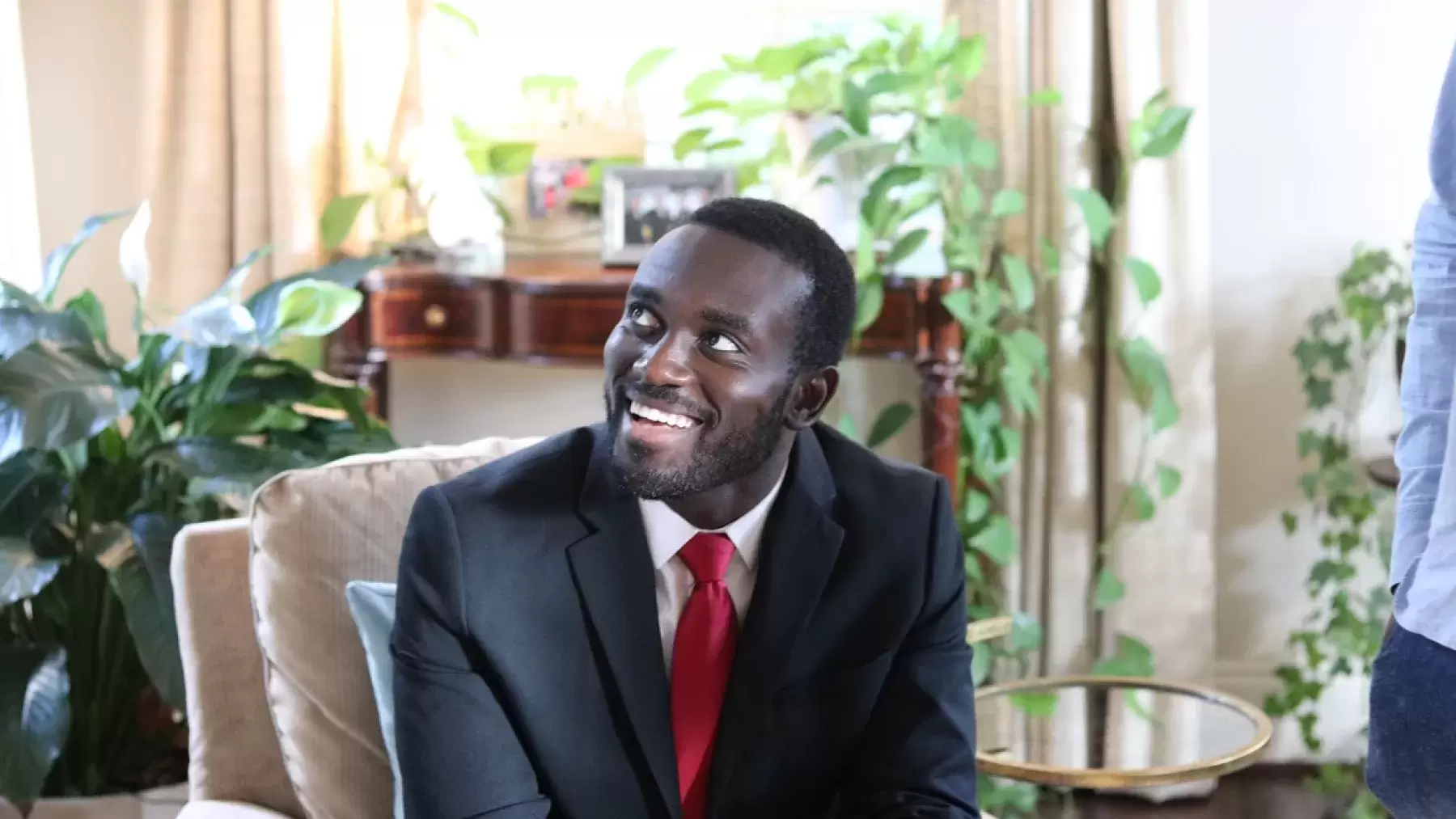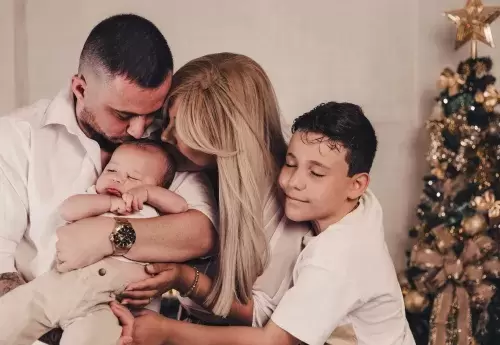
By Dr. Kojo Sarfo, DNP, PMHNP-BC
My experience as a health care provider during this pandemic has been enlightening. Currently, I work in Williamsburg, Virginia, as a board-certified forensic psychiatric mental health nurse practitioner at an inpatient psychiatric state hospital.
Because of the COVID-19 crisis, many Americans are suffering financially, and some have lost loved ones. Many of the patients I serve have had to wrestle with the uncertainty brought on by this pandemic – on top of any underlying anxiety that may have already been present. Some patients have asked questions about how the virus may affect their discharge plans. Others have asked for additional anxiety medications. Similarly, there is a palpable sense of fear among hospital employees, as most in-person staff meetings have turned into virtual appointments. Most employees, including myself, have been given cloth coverings and are being fitted for our N95 masks. As we make our rounds on the inpatient units, we kindly remind patients about the importance of social distancing. Likewise, we also explain our rationale behind all our preemptive behaviors in order to maintain a therapeutic alliance with each patient.
Personally, I have been affected by the virus. I have not been able to travel back home to Georgia due to stay-at-home orders issued by the governor of Virginia. Consequently, I have had to miss multiple birthdays within my family, and the graduations that I was once looking forward to next month have all been cancelled. Being unable to witness my brother graduate high school or cheer on my sister as she receives her doctorate brings me a great deal of sadness. My patients are experiencing similar feelings. As a preemptive measure, visitors have been restricted in order to prevent a potential outbreak. Like many of us, my patients have had to adjust to not being able to see their loved ones and wondering if their immunocompromised relatives are staying healthy. For many of them, visits with their family members help to provide them with motivation while they are hospitalized. Not being able to have this important part of treatment, I fear, could lead to a worsening of symptoms and set some back in their treatment.
In times like these, I like to use a short and simple phrase that seems to help the patients I serve.
Simply saying the words “I understand” can help build an emotional connection and use one of our most therapeutic tools - empathy.
For me, validating the feelings of my patients has helped to ease a lot of anxiety around the collective quarantine that has been forced upon us. Some of my patients have lost family members due to the coronavirus and others have loved ones who are currently ill with it. When speaking with them, I’ve noticed the importance of listening and verbalizing that I understand and that I am there for them. Acknowledging that the impact of this virus is being felt by everyone helps to remind us of how similar and connected we are.
Some of us have a formal mental health diagnosis and some of us do not, but ultimately, we are all connected by our shared experiences. We truly do need one another. We truly do understand one another.
Dr. Kojo Sarfo, DNP, PMHNP-BC is a Ghanaian-American Psychiatric-Mental Health Nurse Practitioner, entrepreneur, and writer. He graduated from The University of West Alabama with his Associate's Degree in Nursing and then obtained his Bachelor's in Nursing from Western Governors University. He went on to obtain his Doctorate in Nursing Practice degree from Augusta University with a specialty in Psychiatry. He has three years of teaching experience as an adjunct faculty professor with the College of Nursing at his alma mater, Augusta University. He has a passion for treating and caring for persons with severe mental health conditions. He is also the CEO and Co-Founder of Abrantie & Signora, LLC, which is a clothing company dedicated to spreading positivity and mental health awareness for teenagers and college students.




